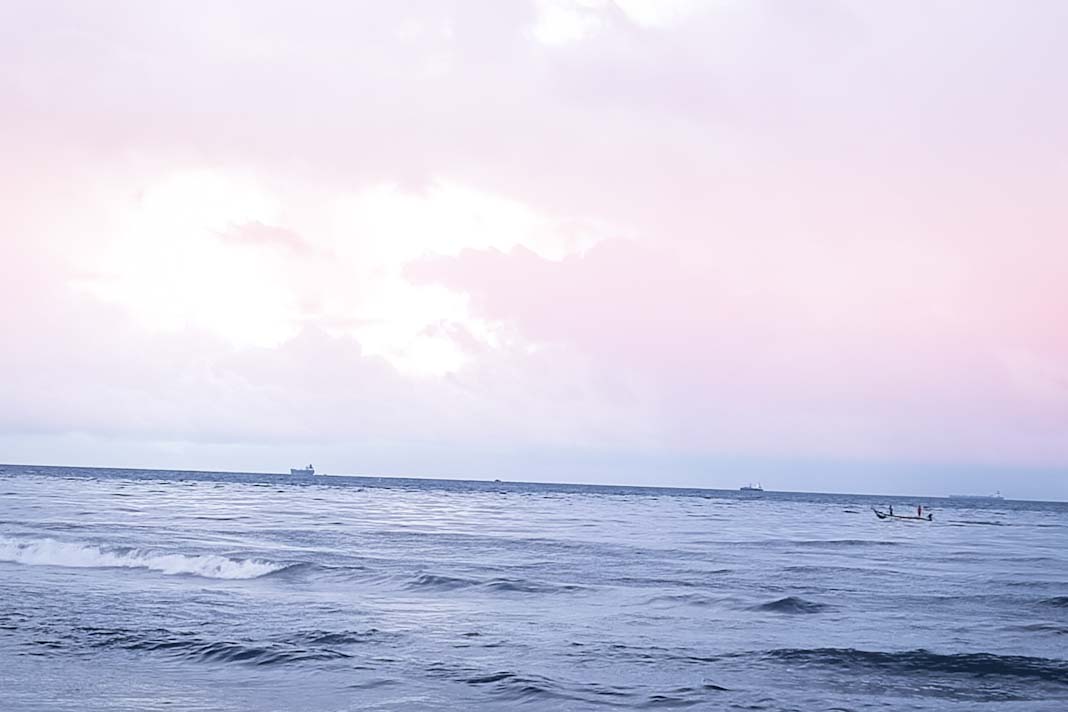
- A 20-year-old shipbreaking worker died in Alang, India, weeks before the Hong Kong Convention takes effect.
- The LNG tanker involved was allegedly dumped by South Korea’s SK Shipping under questionable conditions.
- The NGO Shipbreaking Platform urges stricter enforcement of the Basel Convention and criticizes ongoing exploitative practices.
Just ahead of the Hong Kong Convention’s (HKC) entry into force, another shipbreaking tragedy has struck Alang, India, recognized as the world’s largest ship recycling yard. On May 20, a 20-year-old worker, Satur Bhai from Gujarat, fell to his death while dismantling a vessel on Plot No. 50. Employed as a ‘begari’, an unskilled and typically underprotected position, he was reportedly removing furniture from the ship’s seventh deck without a safety harness, according to Offshore Energy.
Controversial Vessel Origins and Owner Conduct
The vessel involved was the 279-meter-long LNG tanker, built in 2000 and formerly operating under the South Korean flag. According to NGO Shipbreaking Platform, the ship’s beneficial owner, SK Shipping of South Korea deliberately circumvented environmental and labor standards to maximize profits from the end-of-life vessel.
NGO Criticism of Global Regulatory Failures
Ingvild Jenssen, Executive Director of the NGO Shipbreaking Platform, condemned the incident as a symptom of broader regulatory failure, urging countries like South Korea to invest in domestic recycling capabilities and cease the outsourcing of shipbreaking to underregulated environments. She stressed the need for stronger enforcement of the Basel Convention, which offers the highest environmental and worker protections.
Hazardous Practices Persist in South Asian Shipbreaking
Despite global scrutiny, ship dismantling operations in Alang continue to take place on tidal mudflats using methods criticized as unsafe and environmentally hazardous. While the Hong Kong Convention—coming into force on June 26—aims to regulate the industry, critics warn that its diluted standards could reinforce existing dangerous practices instead of reforming them.
A Pattern of Fatalities and Exploitation
Satur Bhai’s death is not an isolated event. At least 10 workers have reportedly died in Alang over the past five years under conditions that would not be tolerated in major ship-owning nations. Approximately 80% of the global fleet is dismantled on the beaches of India, Bangladesh, and Pakistan—often in environments characterized by weak safety standards, unclear vessel ownership, and poor enforcement of labor and environmental rules.
South Korea Under Renewed Scrutiny
The incident also intensifies international pressure on South Korea, which has been criticized for dumping end-of-life vessels on South Asian shores. As of April 2025, an estimated 94 South Korean-owned ships have been scrapped in India and Bangladesh since 2020. Within the last two years, at least three serious accidents involving South Korean vessels have resulted in casualties.
Global Accountability and Treaty Violations
In a 2024 report, the NGO Shipbreaking Platform named South Korea among the worst offenders in terms of hazardous waste dumping, alongside nations like China, Russia, and Switzerland. These actions violate the Basel Convention, which South Korea has ratified, and call into question the effectiveness of international agreements in curbing unsafe and unethical ship recycling practices.
Did you subscribe to our daily Newsletter?
It’s Free Click here to Subscribe!
Source: Offshore Energy


















